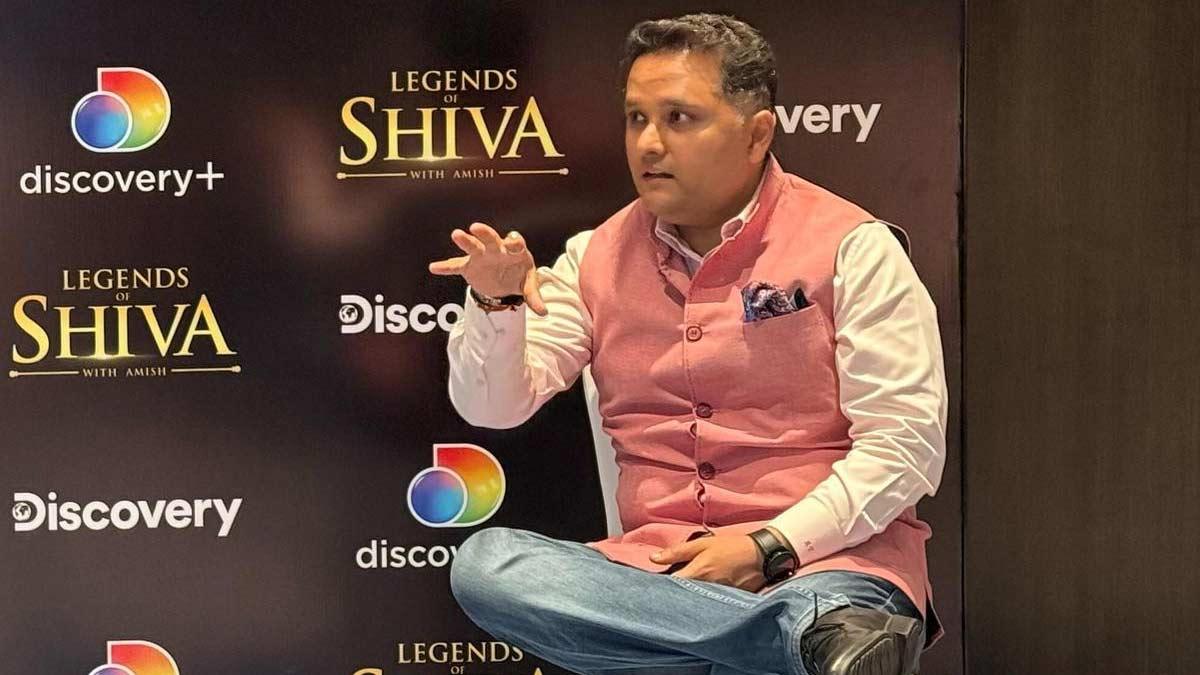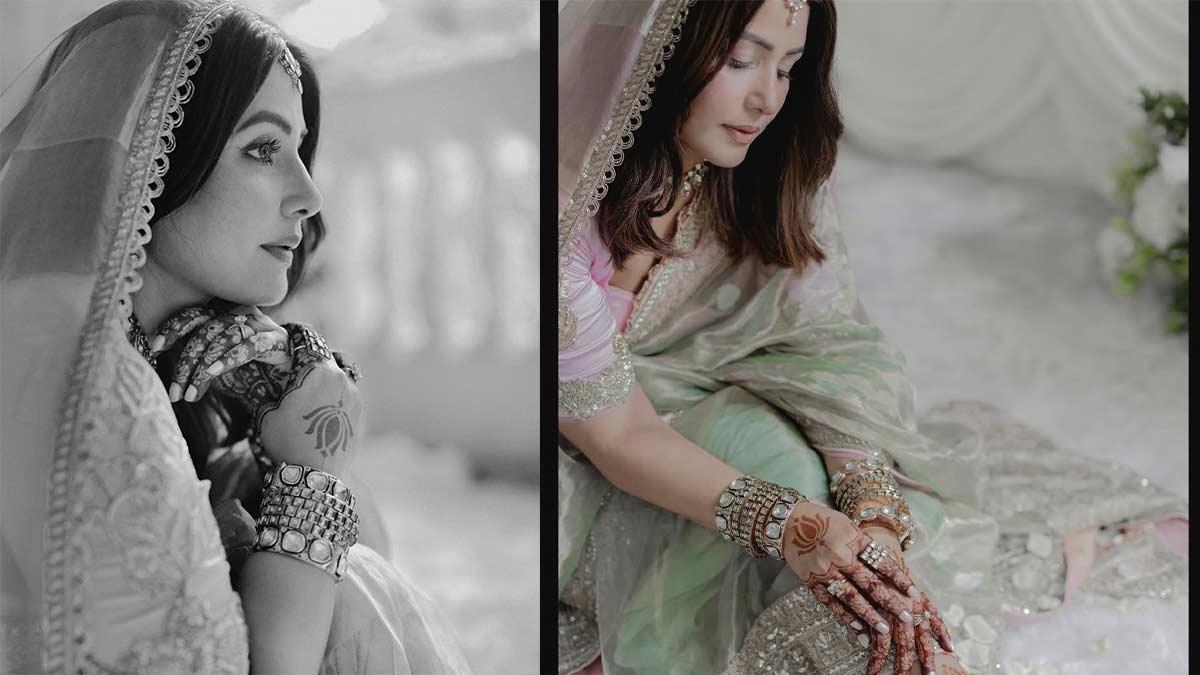Due to dating apps, the nature of modern relationships have undoubtedly changed. But are they solely accountable for the societal shift? The answer has not yet been chosen. Despite the fact that dating apps can help people connect, the commitment, communication, and understanding between the parties involved still determine whether a relationship will succeed or fail. It's crucial to understand that these tools don't define love; they merely assist people in finding it.
As the world becomes more complicated, people are being drawn to the digital world more and more. Everything has altered since the advent of digital technology, from our social networks to our purchasing practises. The dating scene has also changed as a result of this transition, for better or worse. Dating apps have facilitated a transformation in the way that individuals view relationships by allowing them to think about their options outside of the traditional constraints of monogamy. Do they, however, share any responsibility for the rise in adultery?
The elephant in the room
Cheating was widespread long before adulterous dating apps ever existed. The reasons have always been varied and very individualised: some people may just hunger for excitement and novelty, while others may feel overlooked in their existing relationship and seek fulfilment elsewhere.
Also Read| Even mild Covid infection can cause sudden hearing loss: Study
In order to comprehend how attitudes towards marriage, adultery, and other conventional socio-cultural norms are evolving in India, Gleeden, the most used discreet dating app in india with over 2 million Indian subscribers, undertook a thorough study in collaboration with IPSOS.
A sample of 1,503 married Indians between the ages of 25 and 50 who lived in 12 Tier 1 and Tier 2 cities made up the research's sample. According to the survey, 82 per cent of respondents believe it is possible to be true to one person for the rest of one's life, while 44 per cent believe it is feasible to be in love with two people at once. It's interesting to note that 55 per cent of respondents want to have sex with someone other than their spouse, but 37 per cent of individuals believe it is feasible to cheat on someone while still loving them.
The research claims that 67 per cent of respondents stated their relationships made them feel "emotionally very happy", and 78 per cent of them claimed to have sex with their partners at least once a week. But even though 41 per cent of the respondents reported having frequent sex with their spouses, they were found to be dissatisfied.
A craving of instant gratification
Also Read| Mild Covid during pregnancy does not slow brain development in babies: Study
Online dating is the most typical way for an extramarital affair to begin. They offer a way to surreptitiously meet new people without worrying about the social repercussions of going to a bar or club. Furthermore, a number of dating apps provide users the choice to keep their profiles invisible to their spouses, making it easier for them to hide their adulterous encounters. And given that more individuals are using dating apps every day, it's simple to see how they might be affecting the culture's propensity for adultery.
Overall, 57 per cent of respondents have already had an extramarital affair; the statistics for men and women are nearly similar (53 per cent men and 59 per cent women), demonstrating for all time that women commit extramarital affairs equally as frequently as men. Most of them cheated on partners who they had previously known from their social networks. Parties and other private gatherings are where infidelity occurs most frequently in real life, although hooking up also frequently takes place on social media and through dating apps.
According to the study's findings, over 60 per cent of Indians are bravely attempting unorthodox relationships, shattering the status quo in traditional dating. Surprisingly, they regard having a side bae and fantasising about other people as no-nos when it comes to fidelity. Indians are eager to experiment with open partnerships, rewarding sugar babies/daddies, and getting kinky with some BDSM activity, despite the fact that threesomes don't appear to capture their attention. Additionally, an unexpected 22 per cent of respondents have already gotten on the non-monogamous relationship bandwagon. It appears that India is spiking the dating scene!
Extramarital dating and dating apps have caused a cultural shift in relationships that has allowed people to consider options other than monogamy. These applications allow people a place to explore their needs and wants without worrying about being criticised, even though infidelity may still be widespread. They are ushering in a new era of changing relationships that will let people form more real and fulfilling bonds.


















